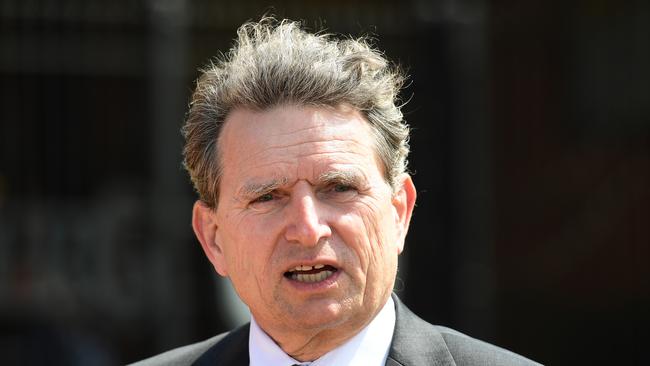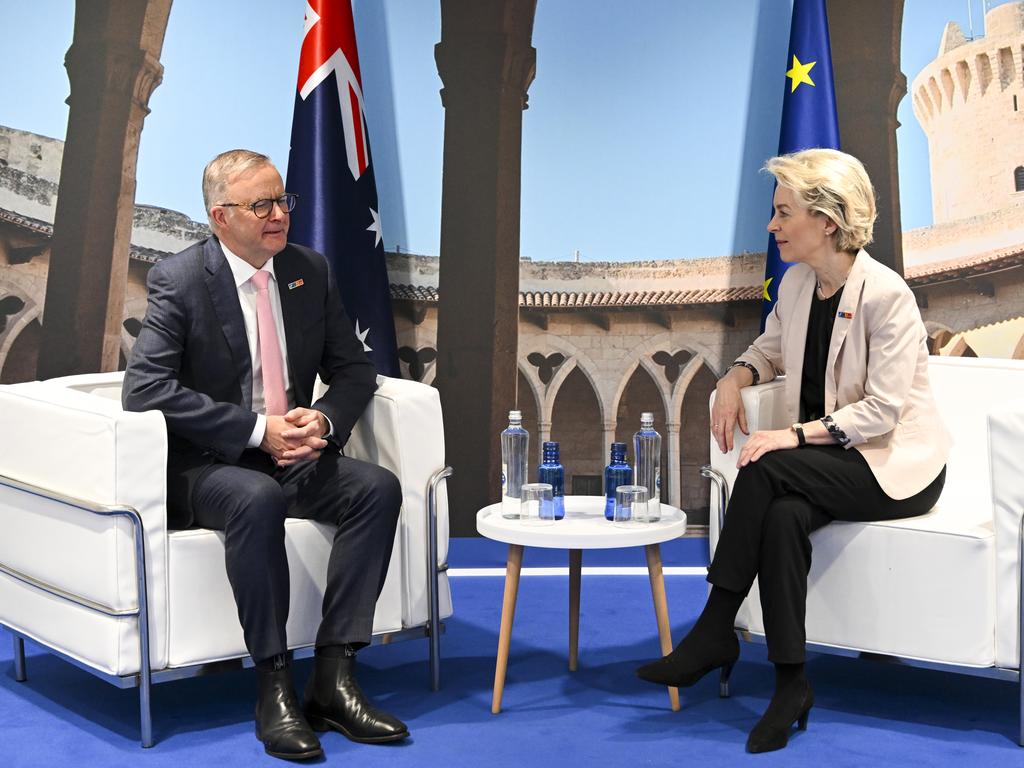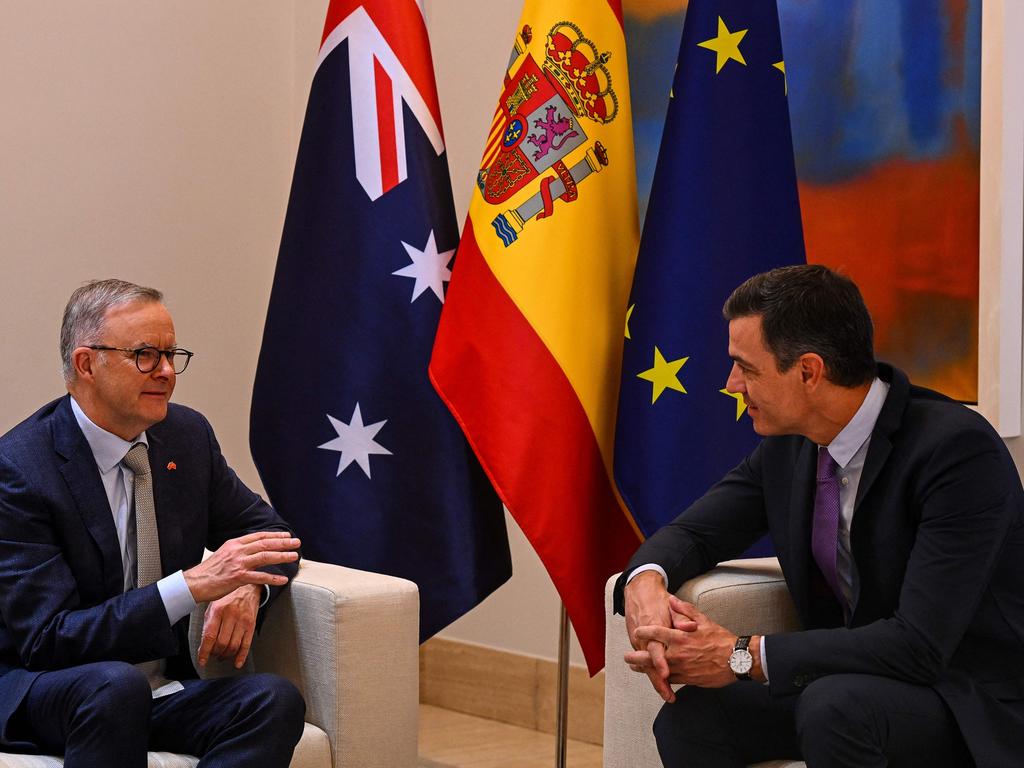Axe luxury car tax if you want a trade deal, says EU
The EU is demanding Australia axe the $880m-a-year luxury car tax to secure a free-trade agreement with the 27-nation bloc.

The EU is demanding Australia axe the $880m-a-year luxury car tax to secure a free-trade agreement with the 27-nation bloc, as Australian farmers brace for long waits to secure significant market access for agricultural exports.
EU trade negotiators are pushing hard on behalf of Europe’s massive car sector, based in Germany, France and Italy but spread across the continent, which expects preferential access to Australia’s $20bn-a-year car market as a condition of any deal.
The EU is also working hard to shield the continent’s agricultural sector from a rapid opening up to Australian imports, and prevent Australian producers from using key geographic food names, like parmesan and prosecco.
Australian and EU negotiations will commence a new round of negotiations in October, with Australia hoping to seal a final agreement before the middle of next year.
Outgoing EU ambassador to Australia Michael Pulch said taxes such as the LCT were not normally on the table in trade negotiations “but in this case, it is a specific issue”.
“So we would like to have a side solution to that because it's largely only European products that are affected by this luxury car tax,” he said.
The LCT was introduced when Australia still had a car industry but it is now solely a revenue-raising measure.
“It makes it too expensive for many Australians who would like to have safer cars and more energy-efficient cars, but they now find them too pricey,” Dr Pulch said.
The luxury car tax is charged at 33 per cent on the portion of vehicle prices over $66,331, or $75,526 for the more efficient.
European cars are also still subject to a 5 per cent car tariff, worth $330m a year, that Australia would also have to abolish.
A senior Australian government source said Australia was yet to agree to abolish the LCT, or to other EU demands, and would require “new, commercially significant market access” for Australia exporters to do so, including for agricultural products.
A recent New Zealand-EU deal has Australian producers worried, with just $600m worth of tariff-free beef exports and 10,000 tonnes of New Zealand dairy products allowed into the EU, and only after seven years.
Negotiations continued until an hour before the deal was to be announced, and ceased only when Prime Minister Jacinta Ardern threatened to pull out.
Dr Pulch said the EU had good trade negotiators “but so does Australia”, and he was confident a “win-win” outcome was possible.
He said the New Zealand deal should not be seen as a template for an Australia-EU agreement, but it often worked better for exporters to achieve a smaller quota in the early years of agreement that increased over time.
The EU has roughly 400 food products with geographical names it wants protected under the deal.
Australia is set to cede the argument over many of the “geographical indications”, or require producers to label products such as “Australian brie” as being locally produced. But parmesan cheese, from the Parma region of Italy; Prosecco sparkling wine, named after an Italian village; and feta cheese, originating in mainland Greece and Lesbos, are set to remain key sticking points.
Australian Dairy Farmers president Rick Gladigau told the Weekly Times this week that Australia must stand its ground on geographical indications.
“People migrated here from Europe (and) brought their expertise in making feta and other cheese varieties,” he said.
“They should be able to put those names on the label to reflect the skill that goes into making the product.”
Dr Pulch, who is returning to Brussels after five years in Australia, said he was pleased to see the Australia-EU relationship restored after past differences over climate change and the cancellation of the $90bn French submarine project.
He said European leaders were also grateful for Australia’s strong support for Ukraine in its war with Russia, while Europe was determined to play a greater role in Indo-Pacific security.








To join the conversation, please log in. Don't have an account? Register
Join the conversation, you are commenting as Logout